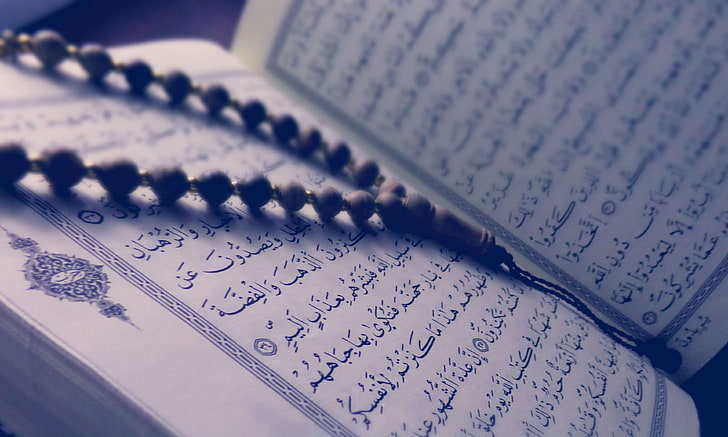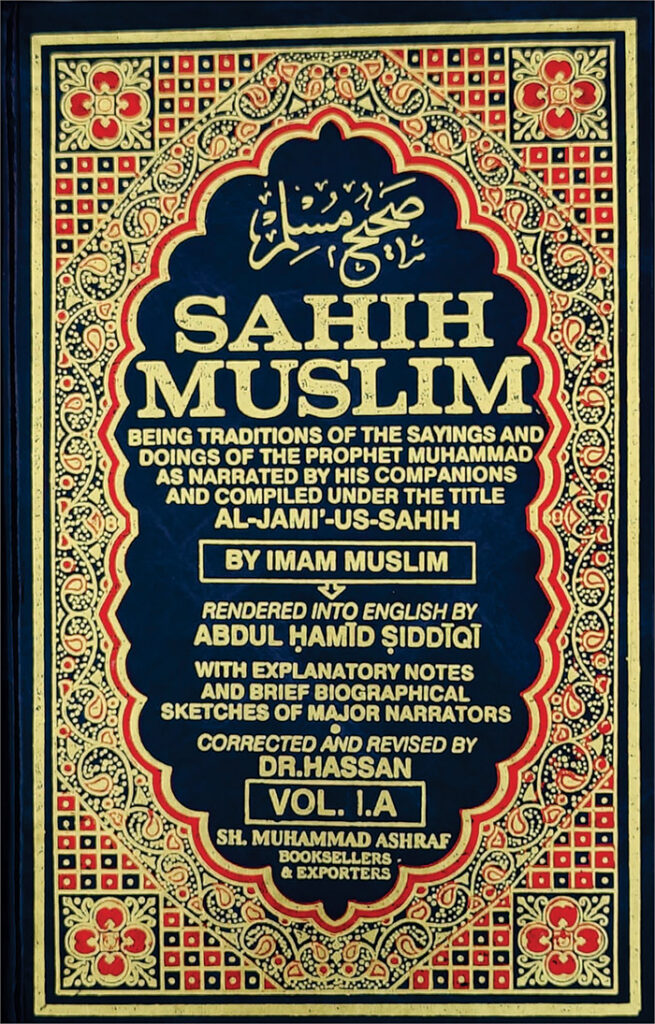Friday (Jumu’ah) holds a special status in Islam as the weekly day of congregational worship, replacing the traditional Sabbath observed by Jews (Saturday) and Christians (Sunday). The obligation of Jumu’ah prayer was divinely ordained for several reasons, including unity, spiritual renewal, and the unique blessings associated with this day.
1. Divine Command in the Quran
Allah made Friday obligatory through a direct command in the Quran:
“O you who believe! When the call to prayer is made on Friday, hasten to the remembrance of Allah and leave off business. That is better for you, if only you knew.”
(Surah Al-Jumu’ah, 62:9)

This verse establishes:
- The obligation of attending Jumu’ah prayer.
- The importance of prioritizing worship over worldly affairs.
2. Historical & Prophetic Significance
A. The Day of Creation & Resurrection
The Prophet Muhammad (PBUH) said:
“The best day on which the sun rises is Friday. On it, Adam was created; on it, he was admitted to Paradise; on it, he was expelled from it. And the Hour will be established on no day other than Friday.”
(Sahih Muslim 854)

This highlights Friday as a day of divine milestones, making it spiritually significant.
B. Chosen Over the Jewish & Christian Sabbath
Before Islam, Jews observed Saturday as the Sabbath (day of rest), and Christians later adopted Sunday. Allah chose Friday for Muslims to distinguish the Ummah and emphasize a new covenant.
The Prophet (PBUH) said:
“Allah diverted those before us from Friday: For the Jews was Saturday, and for the Christians was Sunday. So Allah guided us to Friday.”
(Sahih Bukhari 876)

3. Spiritual & Communal Benefits
A. Weekly Gathering for Unity
- Jumu’ah prayer brings Muslims together, strengthening brotherhood and solidarity.
- The khutbah (sermon) provides religious education and reminders.
B. A Time for Special Blessings & Forgiveness
The Prophet (PBUH) said:
“On Friday, there is a time when no Muslim servant asks Allah for good but He will grant it to him.”
(Sahih Bukhari 935)

He also mentioned:
“Whoever performs ghusl (ritual bath), goes early to the mosque, walks (not rides), sits close to the Imam, listens attentively, and does not indulge in idle talk—for every step, he gets the reward of fasting and praying for a whole year.”
(Sunan At-Tirmidhi 496)
C. Expiation of Sins
“The five daily prayers, one Jumu’ah to the next, and one Ramadan to the next are expiation for sins committed in between, so long as major sins are avoided.”
(Sahih Muslim 233)

4. Obligation & Conditions
Who Must Attend?
- Obligatory for: Adult, sane, resident Muslim men (women may attend but are not required).
- Excused: Travelers, the sick, slaves (historically), and women (though they can pray at home).
Why Obligatory Only for Men?
- Historical context: Women were not required due to household duties and childcare.
- Flexibility: Women receive equal reward for praying at home.
Friday was made obligatory to:
- Fulfill a divine command (Quran 62:9).
- Mark Islamic identity (distinct from Jews & Christians).
- Strengthen community bonds through weekly gatherings.
- Offer special blessings, forgiveness, and supplication opportunities.
By attending Jumu’ah, Muslims renew their faith, seek Allah’s mercy, and maintain unity—a cornerstone of Islamic practice.

